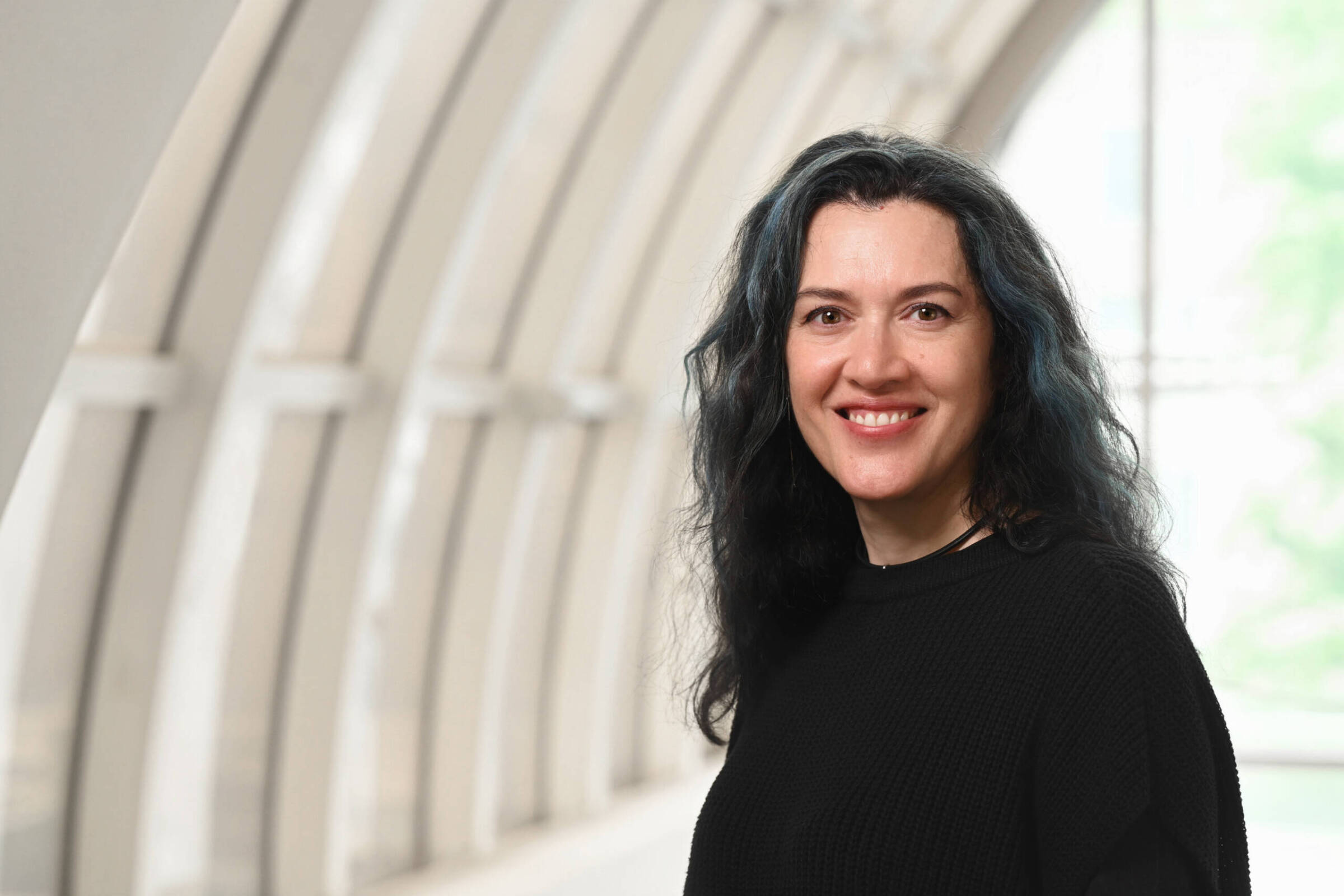Rockefeller joins Pfizer’s Global Centers For Therapeutic Innovation
The Rockefeller University is one of seven major research-based medical centers in New York City to join Pfizer Inc.’s Centers for Therapeutic Innovation, which aims to speed the translation of biomedical research into life-saving medicines.
The partnerships, the first of which was established last month with the University of California, San Francisco, mimic a venture capital-funded biotechnology start-up model, whereby Pfizer funds pre-clinical and clinical development programs and offers equitable intellectual property and ownership rights to support continued experimentation and exploration, as well as broad rights to publication. Investigators will have access to Pfizer’s proprietary antibody libraries and advanced research tools along with technical support. When programs are successful and advance according to the terms determined by a joint steering committee, Pfizer will grant milestone payments and royalties. In return, Pfizer will have the opportunity to potentially broaden its pipeline with novel and highly differentiated candidate drugs.
“We are very pleased to join Pfizer’s Centers for Therapeutic Innovation program, which will provide resources to Rockefeller investigators to facilitate translating their scientific discoveries into biologic agents that improve human health,” says Barry S. Coller, who is physician-in-chief of The Rockefeller University Hospital, David Rockefeller Professor and head of the Allen and Frances Adler Laboratory of Blood and Vascular Biology.
Six other New York City research-based medical centers will be part of the CTI network: New York University Langone Medical Center, Memorial Sloan-Kettering Cancer Center, Mount Sinai Hospital, Columbia University Medical Center, Weill Cornell Medical College and Albert Einstein College of Medicine at Yeshiva Hospital. Eventually, Pfizer plans to extend the network to other U.S.-based medical institutions and to Europe and Asia.


